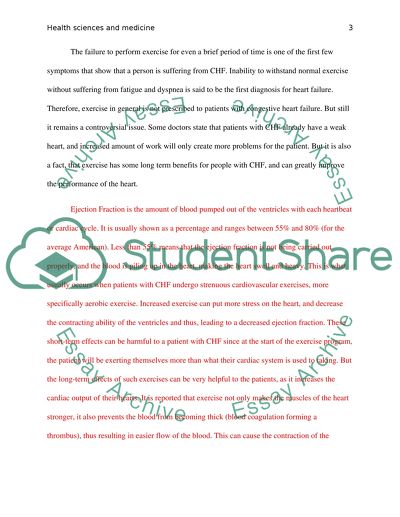Cite this document
(“Congestive Heart Failure and the Benefits of Exercise Essay”, n.d.)
Congestive Heart Failure and the Benefits of Exercise Essay. Retrieved from https://studentshare.org/health-sciences-medicine/1449369-congestive-heart-failure-and-the-benefits-of
Congestive Heart Failure and the Benefits of Exercise Essay. Retrieved from https://studentshare.org/health-sciences-medicine/1449369-congestive-heart-failure-and-the-benefits-of
(Congestive Heart Failure and the Benefits of Exercise Essay)
Congestive Heart Failure and the Benefits of Exercise Essay. https://studentshare.org/health-sciences-medicine/1449369-congestive-heart-failure-and-the-benefits-of.
Congestive Heart Failure and the Benefits of Exercise Essay. https://studentshare.org/health-sciences-medicine/1449369-congestive-heart-failure-and-the-benefits-of.
“Congestive Heart Failure and the Benefits of Exercise Essay”, n.d. https://studentshare.org/health-sciences-medicine/1449369-congestive-heart-failure-and-the-benefits-of.


